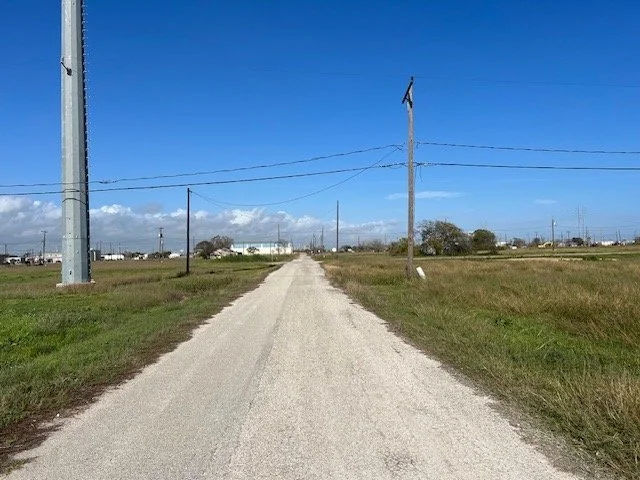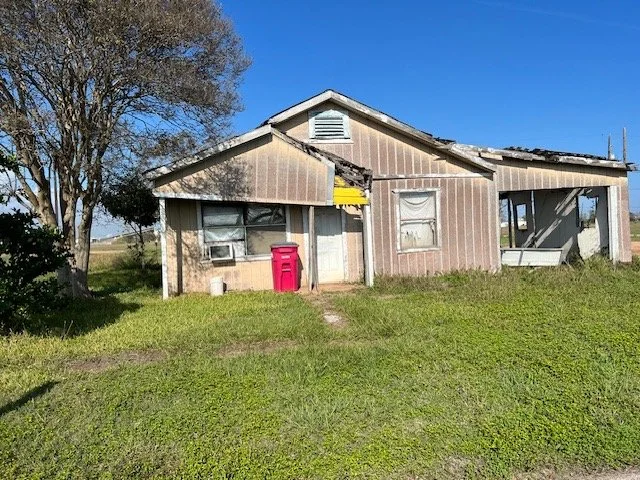A Big Win for Freeport’s East End Community
Climate Conversation Brazoria County members Gwen Jones and Thomas Koole grew up in Freeport’s historic East End. Their families built homes, raised children, and created a strong, close community in a neighborhood that had existed for nearly 100 years. Today, most of that neighborhood is gone—but a new court ruling has brought hope and recognition to their fight.
On September 18, the 14th Court of Appeals in Houston ruledthat Port Freeport was wrong to use eminent domain to take land in the East End without giving a clear public reason for doing so. This decision overturned a 2023 trial court ruling that allowed the Port to take land owned by the Marshall family for $100,000.
The judges said the Port’s actions didn’t meet the standards required by the Constitution. As Justice Katy Boatman wrote, “The Constitution requires more than the Port’s say so.”
A Community That Shouldn’t Have Been Erased
The East End was a Black neighborhood legally sanctioned in 1930 during segregation, but Blacks had already moved there by 1917. A Hispanic community also grew up just across from the Black neighborhood, and together these communities formed the heart of the East End. For decades, residents made the best of limited resources. They didn’t have sidewalks, but kids still played in the streets. Churches, restaurants, and thriving businesses were community anchors.
Over the last 20 years, Port Freeport began buying up properties. Many families felt pressured to sell. Others, like Gwen and Thomas’s families, wanted to hold on to their homes. But the Port used “quick take” powers that let them claim land even before court cases were finished. Roads went into disrepair, property values dropped, and the community was slowly pushed out. Today, almost nothing remains of the neighborhood where Gwen and Thomas grew up.
Gwen Jones reflected on the court’s decision:
“The Port may have cleared the land, but they can’t clear away our roots. This ruling is proof that our voices count and that what happened in the East End wasn’t just business as usual—it was wrong.”
Honoring History and Inspiring Action
The court’s decision is a major victory for property rights and a powerful reminder that communities have a voice. It shows that even when industry and government use their power, residents can push back and win in court.
This legal win comes as the oral and archival history of the East End is being shared more widely. Rooted and Uprooted: Freeport East End’s Fight for Environmental Justice and Place— authored by Dr. Liza T. Powers and Dr. Robert D. Bullard — will be published in the annual journal Sound Historian in the coming weeks. The article is the result of a collaboration between the Bullard Center for Environmental and Climate Justice and Climate Conversation Brazoria County, bringing together community voices, historical research, and environmental justice advocacy to preserve this important story.
Port Freeport has said it may appeal the ruling, but families like Gwen’s and Thomas’s are standing strong. Their stories keep the memory of the East End alive and inspire others across Brazoria County to fight for environmental and community justice.
Published by Climate Conversation Brazoria County — October 2025




